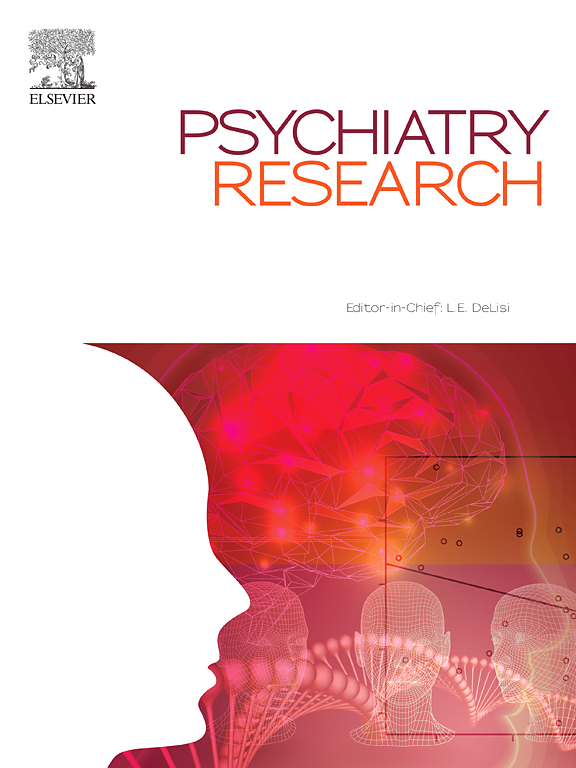The personal and the national: Lessons learned in the aftermath of the October 7 attacks in Israel
IF 4.2
2区 医学
Q1 PSYCHIATRY
引用次数: 0
Abstract
On October 7, 2023, terrorist organizations led by Hamas, launched an extensive attack on Israel. Within days following the initial attack, there was a clear need to provide psychological support to individuals who were exposed to the horrors of the October 7 attacks. Tel-Aviv Sourasky Medical Center – Ichilov, a tertiary medical center, launched an emergency mental health service to provide psychological first aid to the first-line victims of the war. As the fighting spread, the services were extended to the entire population.
The intervention we provided was guided by an integrated approach that promotes introspection and connectedness to one's environment and community, enhancing cognitive functions, emotional regulation and utilizing available resources to reduce distress. The main themes that emerged shifted between feelings of helplessness and a sense of agency; a breach in basic trust and renewed trust, guilt and self-compassion; anger, abandonment and alienation versus solidarity and connecting to the present and the future, despair versus hope and loss versus acceptance and connectedness.
The following account reflects our experiences from the unique cooperation between the Mount Sinai Medical Center in New York and the Tel Aviv Medical Center in Israel starting from the days following the October 7 attacks, as well as lessons learned at the individual and system level discussed in light of previous literature and experience.
个人与国家:10月7日以色列袭击事件后的教训。
在最初的袭击发生后的几天内,显然有必要向遭受10月7日恐怖袭击的人提供心理支持。特拉维夫苏拉斯基医疗中心-伊奇洛夫三级医疗中心启动了一项紧急心理健康服务,为战争的第一线受害者提供心理急救。随着战斗的蔓延,这些服务扩大到全体人民。我们提供的干预是由一种综合方法指导的,这种方法促进了内省和与环境和社区的联系,增强了认知功能,情绪调节和利用可用资源来减少痛苦。出现的主题在无助感和能动性之间转换;对基本信任和重新信任的破坏,内疚和自我同情;愤怒,抛弃和疏远与团结,与现在和未来的联系,绝望与希望,失去与接受和联系。以下叙述反映了我们从纽约西奈山医疗中心和以色列特拉维夫医疗中心自10月7日袭击事件后开始的独特合作中获得的经验,以及根据以往文献和经验讨论的个人和系统层面的经验教训。
本文章由计算机程序翻译,如有差异,请以英文原文为准。
求助全文
约1分钟内获得全文
求助全文
来源期刊

Psychiatry Research
医学-精神病学
CiteScore
17.40
自引率
1.80%
发文量
527
审稿时长
57 days
期刊介绍:
Psychiatry Research offers swift publication of comprehensive research reports and reviews within the field of psychiatry.
The scope of the journal encompasses:
Biochemical, physiological, neuroanatomic, genetic, neurocognitive, and psychosocial determinants of psychiatric disorders.
Diagnostic assessments of psychiatric disorders.
Evaluations that pursue hypotheses about the cause or causes of psychiatric diseases.
Evaluations of pharmacologic and non-pharmacologic psychiatric treatments.
Basic neuroscience studies related to animal or neurochemical models for psychiatric disorders.
Methodological advances, such as instrumentation, clinical scales, and assays directly applicable to psychiatric research.
 求助内容:
求助内容: 应助结果提醒方式:
应助结果提醒方式:


